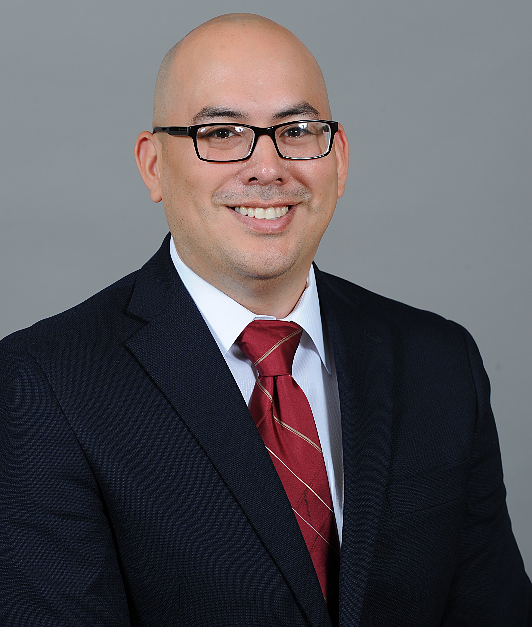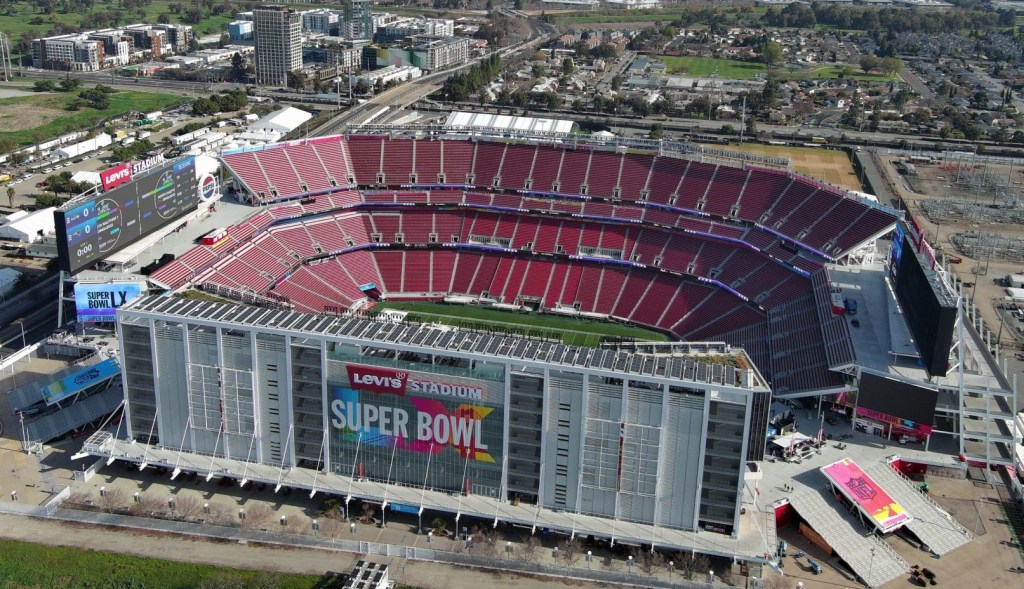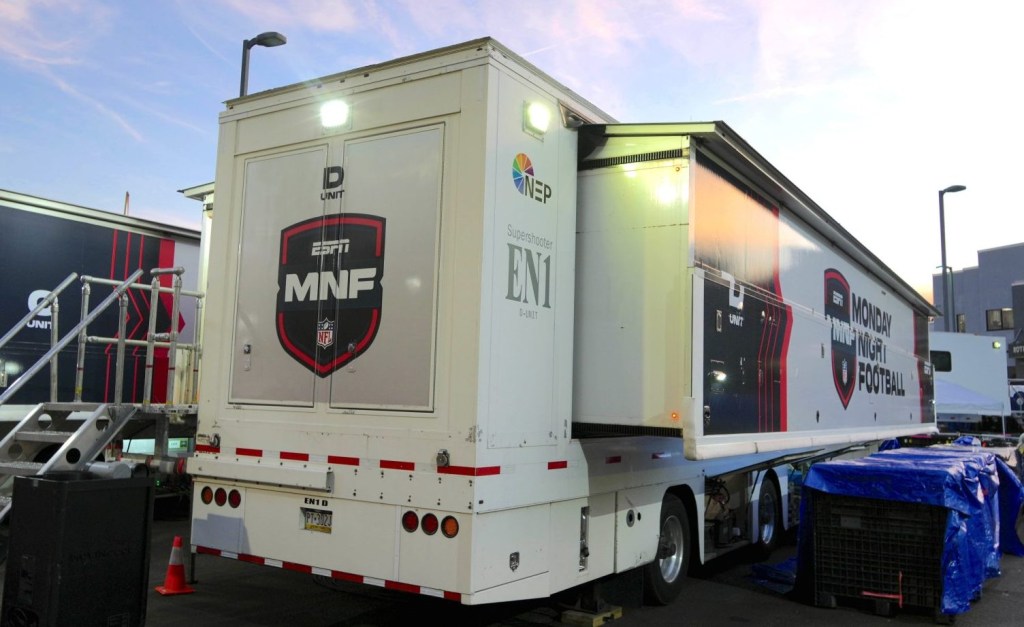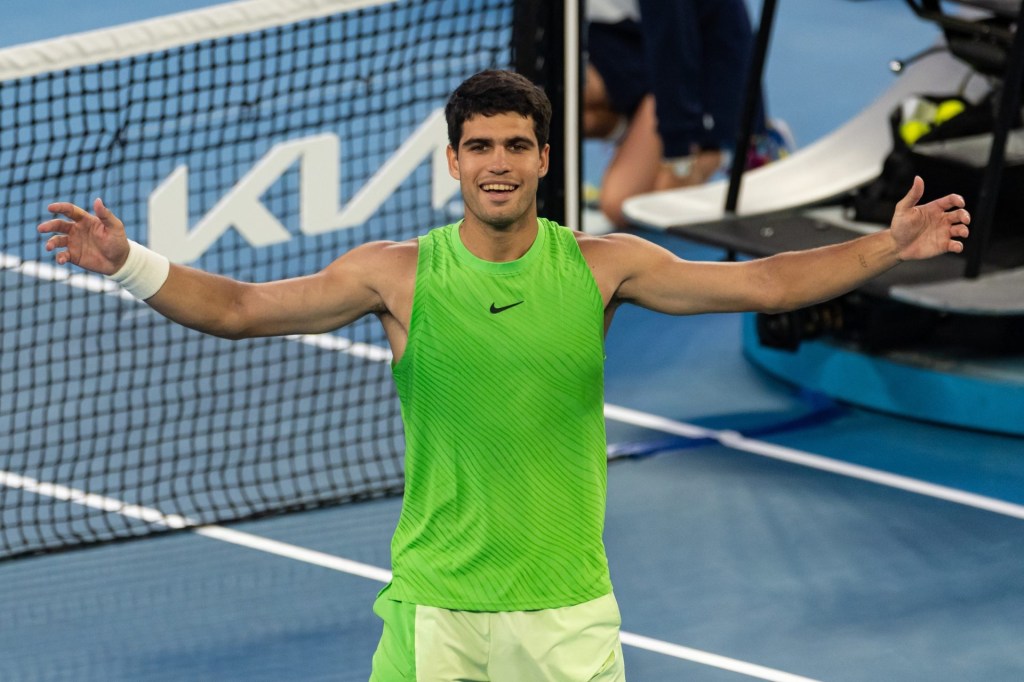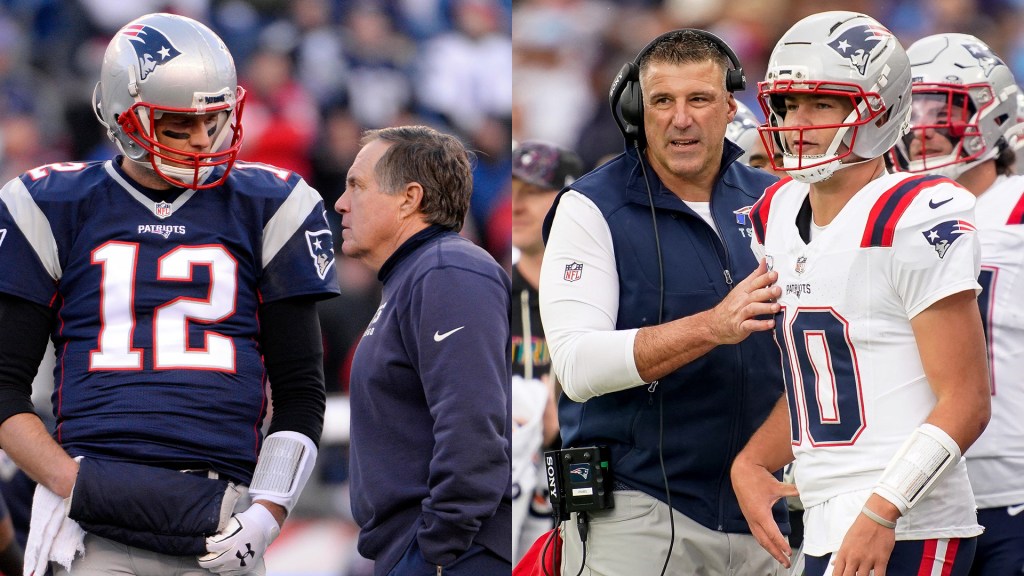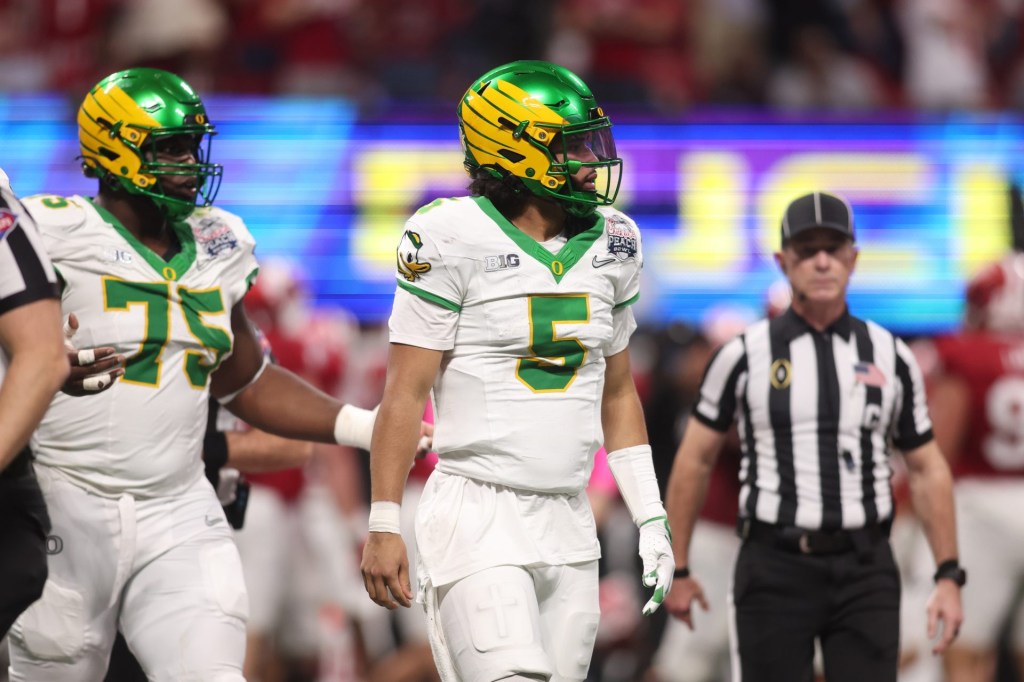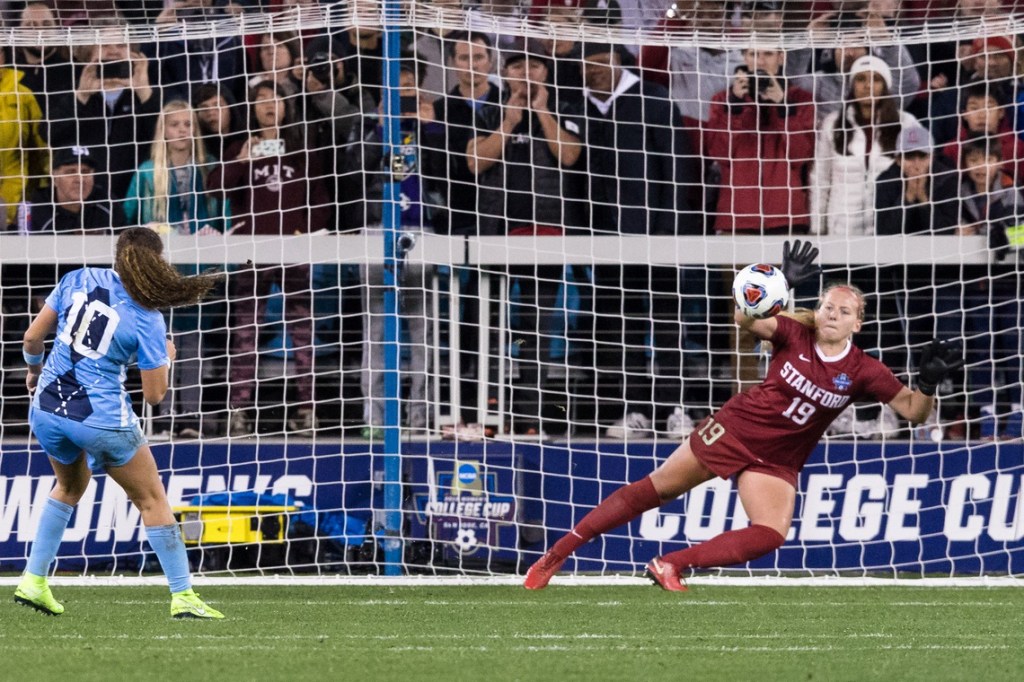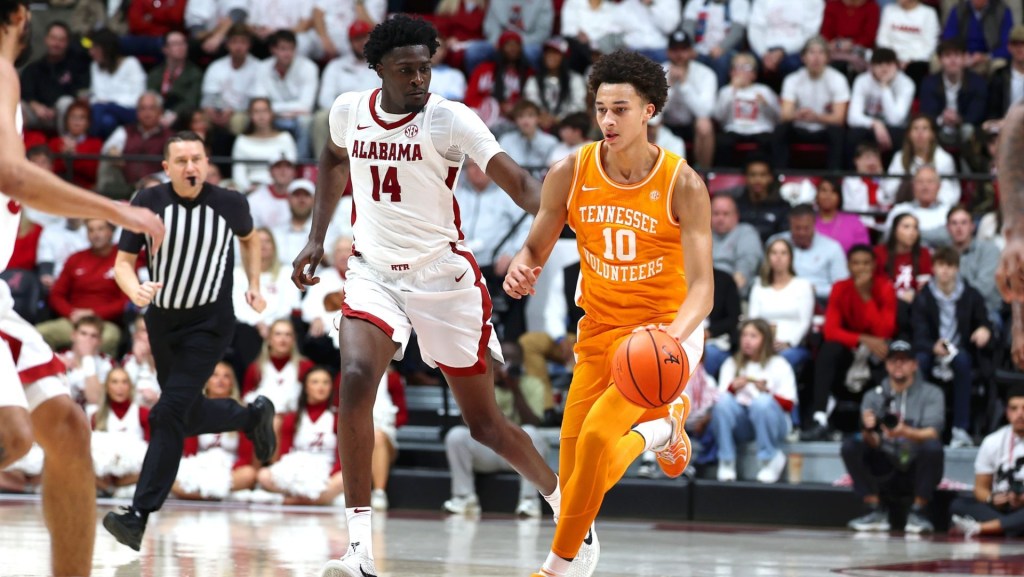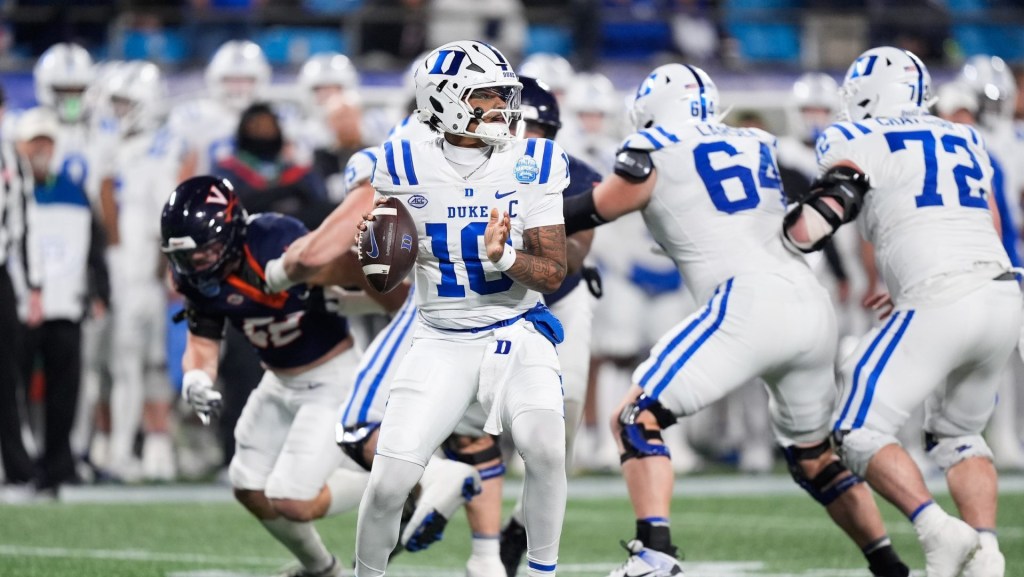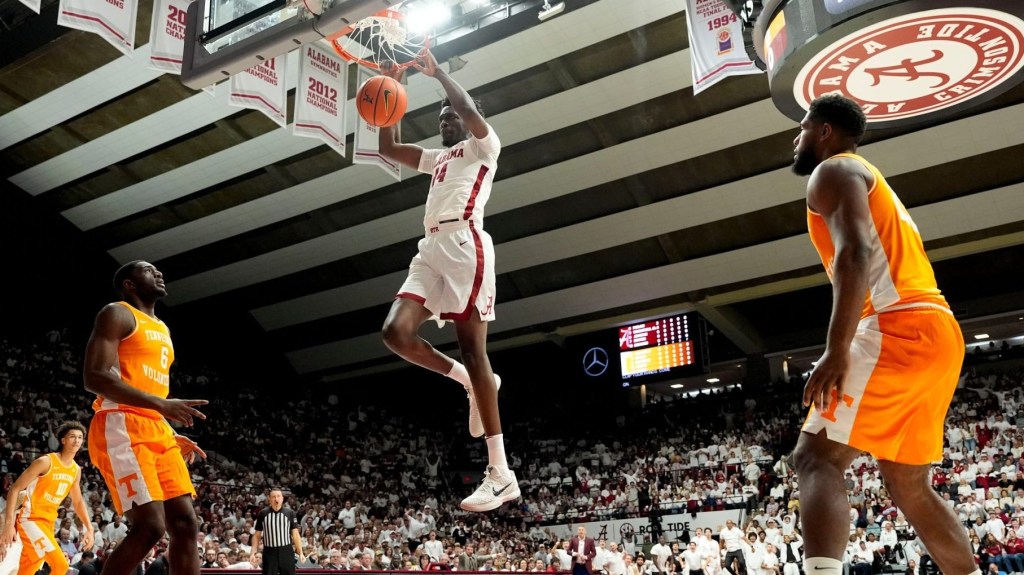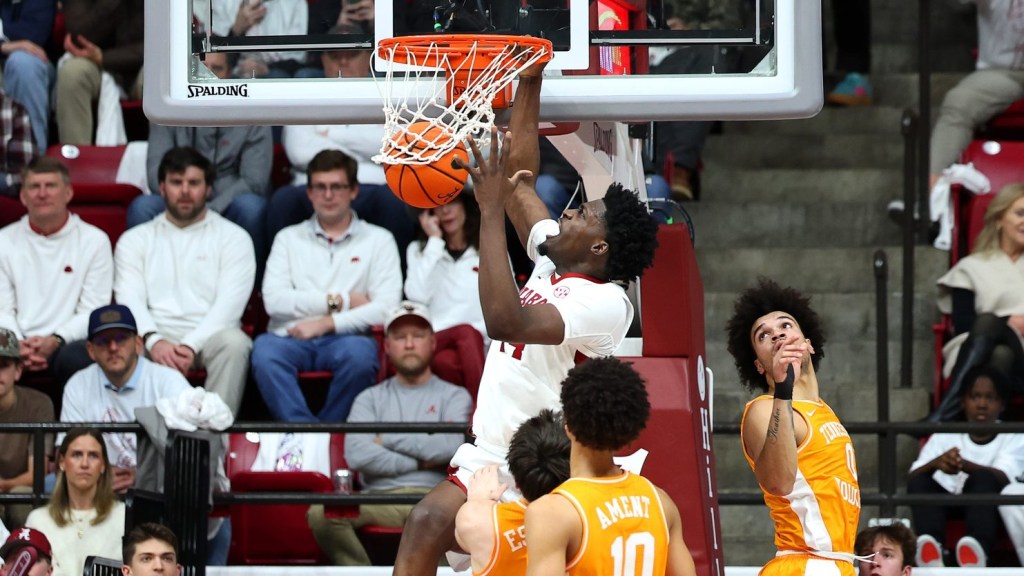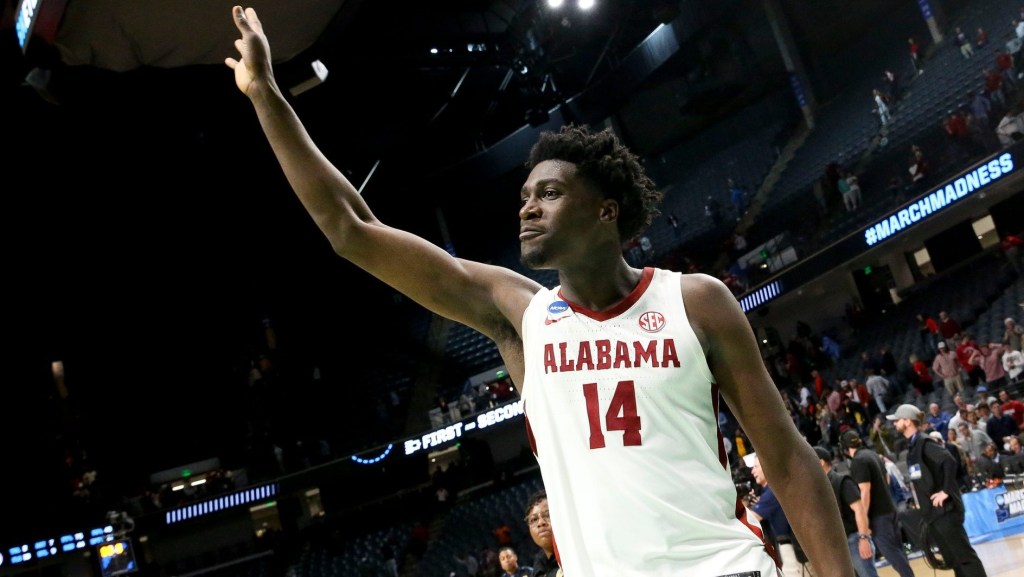By: Travis Gorsch, @tgorsch3

Front Office Sports is proud to have sat down with Frank Arredondo, Director of Compliance and Sport Service, at Conference USA. Frank was gracious enough to have offered up his time and insight in to navigating his career path in the college athletics space at both the conference and national level. Frank talked about the importance of relationships among athletes, coaches, and administrators at member institutions. He also highlights the benefits of seeking out mentors and information when trying to get your foot in the door early in your career.
How did you decide on a career path in sports?
Sophomore year of undergrad I decided I wanted to coach. These were my heroes growing up. I was a volunteer for a football and basketball coach in my hometown. I grew up in Bryan College Station. I was volunteering in youth sports and enjoyed every minute of it. I had a passion for youth sports. It’s one of the best character education programs in our country. I also had a long term goal of obtaining my legal education following undergrad.
After obtaining your Bachelor’s from Texas A&M you went to law school at South Texas College of Law chasing your career goal of becoming a lawyer but after a year your career goals changed. What advice do you have for students and young professionals who change their career goals? Is it a bad thing?
After my first year I came up with the idea that I wanted to use my legal background to separate myself in the sports industry. I tried to reach out to as many people as I could to ask question. Be it sports agents, graduates of my program, or people at the Houston Texans and Houston Astros. The one thing I didn’t have was a college contact. I reached out to a professor of Sports Management at Texas A&M University, Paul Batista, who had his JD. I shared with him my background and resume and told him I was interested in speaking with him. He was great and he gave me some direction in my career path. So, an informational interview through phone turned into an in-person meeting on-campus over spring break. I took a handful of resumes and my portfolio in hand. Professor Batista introduced me to one of my future mentors in David Baton, Director of Athletic Compliance at Texas A&M University.
I think the thing about law school is it’s a huge financial commitment in this day and age. Since there are other opportunities to pursue a career in the sports field, I always make sure and challenge individuals in that they should sincerely want to pursue law school, before making that type of financial commitment. Having said that my law degree has helped separate myself from others in the field. It helped me get my foot into the college athletics space. Make sure you are 100% committed to law school or any other graduate degree.
Life happened. I always had a long term plan of attending law school. Youth coaching was something I was doing while in undergrad. It was fun teaching young people a new sport. It was great helping them reach their athletic goals while maintaining their academic goals. Because I had that passion for coaching I wanted to pursue something that involved sports and could also use my degree in law.
You work at the Conference USA as the Director of Compliance and Sport Services. How much of your time is spent interacting with athletic administrators at each school? Do you get to interact with the student athletes?
I am fortunate in that I am able to work with our student-athletes directly in a variety of fronts. The Conference USA Student Athlete Advisory Committee (C-USA SAAC) has two student-athlete representatives from our member schools who represent their institution and share things about what we can improve from a student-athlete experience perspective. C-USA SAAC provides me a leadership opportunity in the character education and leadership development space. I learn just as much from them (student-athletes) as they do from me. We work with our student-athletes to highlight concerns from campus such as health and safety, time commands, life transitions (95% will go pro in something other than their sports). We have to set them up for success after college athletics is over. That is one of the most rewarding parts of my job is working with the student athletes. To see the growth and leadership/character built is great.
Previously you worked at the NCAA as an Academic and Membership Affairs (interpretations of rules and membership for NCAA). Before that you were the NCAA Membership Services Postgraduate Intern. How did you get this position as an intern and how did you turn this internship position in to a full time position? What value did you add and what value do you look for when hiring an intern?
Within any organization you want to be a proactive person. You want to take initiative and not be afraid to take on tasks. You want to make yourself indispensable. They may not be the glitzy and glamour tasks but if you don’t do it, you could be missing out on a chance to shine. I would encourage others to not sit back and wait for an assignment. I would go to another administrator’s office and ask if I could assist them with anything to make their job easier. Just having the initiative to take on any tasks is always so helpful.
Plus, in any internship opportunity you have the chance to be curious and ask a lot of questions. We had close to 450 full time athletic administrators who were all moving in the same direction to make phenomenal student athlete experiences. In the Postgraduate Internship at the NCAA, you had the chance to meet a new person every day. I introduced myself to different departments and leaders and learned their backgrounds and stories. I wasn’t shy about it. You have to be able to sit back and listen and take notes. This helps when you are trying to figure out what works best for you in the work place and industry.
Can you talk about the differences working for the NCAA versus working for C-USA for someone who may be interested in exploring either avenue? Things you like or dislike about either?
They are both really neat opportunities. At the national office there are close to 500 employees. You are seeing national policy shifts and slight changes to the collegiate model as a whole. That change may come at a slower pace as it is more strategic. The member institutions really drive the change in the association. Seeing the issues develop at the national level and then going down to the conference level it was fun to work on. I wouldn’t say I like one more than the other. Both have been positive experiences.
At the conference level you work more intimately with your member institutions and their representatives (athletic directors, compliance administrators, faculty representatives, senior woman administrators) a lot. I might talk to them four-five times a day with issues coming up on their campus. We all work very closely together. Working with our member schools is pretty fun and dynamic work. Each day is different than the previous. I have been fortunate to create close relationships from working so often with our member school representatives. I have had a chance to branch out and work in some areas that I didn’t at the NCAA. I also have been fortunate to work on some championship responsibilities, sponsorship opportunities, and student development at C-USA.
You have been a part of the NCAA Leadership Forum (Chicago, IL), Career in Sports Forum (Indianapolis, IN), NCAA Athletic Professionals Workshop (Phoenix, AZ). What is the purpose of attending these forums and workshops?
I’m always trying to improve and get better. One thing that those opportunities have allowed me to do is sit next to my peers. They could be athletic trainers, assistant coaches, senior women administrators, etc. To see how they interact with each other and on their campuses has been very impactful. These programs also give me the chance to improve skills such as public speaking experience and presenting to peer groups. You’re given about three to four days of content to master and share with your student athlete groups when you get back to your main conference or symposium.
You have to digest a lot of information and present that in an engaging and interesting way when you get back with your student leaders. These programs are so helpful with our student-athletes and allows them to develop their own personal leadership philosophies and identify their own core values. I have always been a firm believer in challenging yourself and putting yourself in a difficult position and seeing how you might respond. These experiences do just that.
The one opportunity that I would highlight would be the NCAA Leadership Institute. This is a national program designed to assist athletic administrators in strategically mapping and planning their careers for hopefully a senior level/leadership position within the industry. That’s where a lot of us in college athletics want to get eventually. Having exposure to my peers and learning how we each operate in our current roles was so very great. I was able to learn how my peers are leaders on their campus and in their community operate. Learning the tricks of the trade. All of those allow you to create your own personal leadership philosophy.
Blessed with a wife and two kids. How do you balance your work life with your family life? What sacrifices have you had to make?
For anyone interested in a career in sports they need to figure out what is their core for them and what is important for them. What is their focus? For me it has always been family and community and constant learning. My family has always been so important to me and has guided me in my career pursuits. I also aim to constantly learn a new skill set or lesson from an individual I might encounter. Again, folks need to identify those things that are important to them. When an important opportunity comes across you have to be able to filter those decisions in some type of way.
Otherwise you will struggle with it if you don’t put it through that value system. To understand if that is the right opportunity is right for you. That can change. It has changed for me since having two kids. If my core is family it might be hard for me to move from the East Coast to the West Coast. Will this new opportunity allow for me to continue to learn new things? Those are things folks need to consider as they move forward. Those core values/beliefs are going to change and evolve as you get older and new values present themselves to you and your family.
What internships do you recommend getting involved with while in undergrad or graduate school?
Internships are definitely great. They give you real life practical experience. They give you the opportunity to help you figure out what you like and don’t like. If it’s an internship at an institution you might have more freedom than you do at the conference level. You might be able to have a hand in different departments at a smaller conference. At the NCAA it’s a little bit more tailored specifically to the department. An internship gives you an opportunity to see how you function in those different working settings and environments. I think any of those will be advantageous. The NCAA Postgraduate Internship is one of the best in the business for sure and I always try to advocate for folks to pursue it, if possible.
You have a lot of experience in compliance both at C-USA and the NCAA. What aspects of compliance are most important to understand?
The ability to use their analytical skills to process and synthesize the amount of regulation that we have. Take a rule or regulation and understand what it is saying in a more simple language. How does that affect a coach or student athlete and then articulate that rule to the coach or athlete is critical for you to be able to communicate. Also just dealing with different constituent groups. You could have a president of a college reach out involving rules or even a head coach asking about a recruiting visit. I’ve even had prospective student-athlete’s parents asking about their upcoming recruiting visits and things to look out for. Your interpersonal communication skills must be exceptional to have success in this sort of work.
From your personal experience how important is networking? Do you have a specific example that networking benefited you or having you as a connection has benefited someone else?
I think informational interviews are just as important as internships. I think it’s helpful to learn from folks about how they got started and hear from actual industry professionals about what I should be aware of and things I could consider. I picked up the phone and called 25 people and sometimes two of them got back to me. One happened to be Paul Batista from Texas A&M. The rest was history. Having those informational interviews even for people in the middle of your career are so very helpful and informative.
You never know until you reach out and aim to connect to folks. Nine times out of ten people are willing to help whether it’s an email, phone call, etc. For those people that aren’t doing it they are missing out on the opportunity. Even if only two connections get back to you that’s two more than you had. After you connect stay in touch. You never know when something comes across my desk and I might meet someone that I want to connect you with. If you give me those periodic updates and keep me informed, I may have an opportunity for you that presents itself and can better share if I know how things are going for you currently.
Parting Wisdom?
Make sure to identify those folks that you trust in providing straight forward and honest feedback. Put those individuals in your ‘board of directors’. I have four or five people that when an opportunity comes up or an issue comes up I can lean on them. They are going to give me their honest feedback. Identify people that will serve as mentors for you personally and professionally.
My next piece of wisdom I would share and this is hard for us but the next one would be remember that the most important thing you can do to set yourself up for a future opportunity is to focus on the job at hand. Success in your current role and responsibilities shows a boss or prospective employer that you dominated task x, y, and z. He can do that next task based on what he did in his last one.
We would like to thank Frank for his time and insights and we wish him the best in his future endeavors!
You can follow him on Twitter here or connect with him on LinkedIn here!
